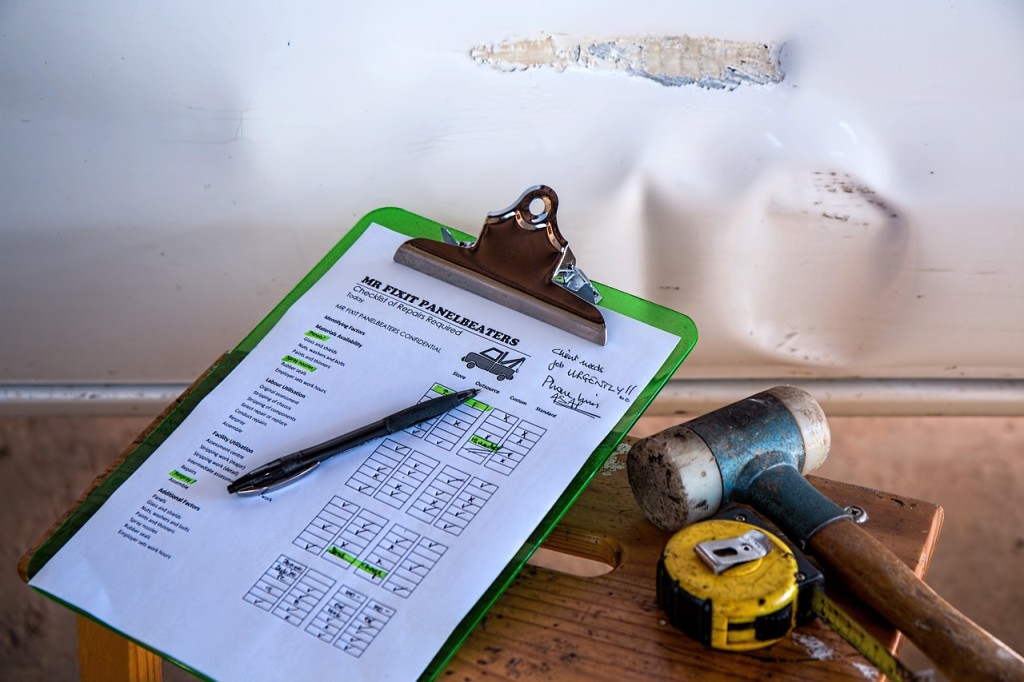Every driver around the world is expected to have car insurance and even if he cannot afford every coverage, the driver is expected to ensure that they maintain the required levels of insurance coverage for vehicles. All in all there are six major car insurance covers.

Liability: If you cause an accident, this two-part coverage — including bodily injury liability and property damage liability — will pay for the other party’s medical bills and vehicle repairs. It will not protect you or your passengers if you are injured or your vehicle is damaged as a result of the wreck. Learn more about liability insurance.
Collision: This type of coverage will pay to fix or replace your own vehicle after an accident. Coverage extends to damage caused by collision with an object (e.g., a tree or house) or an accident in which no object was involved (e.g., if your car flips). Most states don’t mandate collision coverage, but if you have a loan or a lease, your finance company will probably require it. Collision insurance cannot usually be purchased without comprehensive coverage. Learn more about collision coverage.
Sourced from: https://wallethub.com/edu/types-of-car-insurance/9636/
Do not just shop for insurance blindly or else it will be an expensive affair. If your employer provides health and disability insurance then you will not have to spend much when it comes to personal injury coverage. Just get the required minimum.
How much insurance do you need for yourself?
Collision and comprehensive coverage is worth having if you would want to repair or replace your car after an accident. These policies have a deductible (the amount you have to pay out-of-pocket before coverage kicks in), and they pay out based on the current value of your car, not what you paid for it.
Choose the highest deductible you can afford, because a higher deductible will significantly lower your premium. You’re seeking coverage for major damages to your car, not for every little thing that can go wrong. It’s better to spend $500 of your own money on minor repairs every so often than pay an extra $50 a month whether you need repairs or not. Save collision insurance for when you have car repairs that cost thousands, not hundreds. Remember, if you submit a claim for every little thing, your premium will increase.
A handful of states require car owners to carry no-fault insurance, policies that pay out no matter which driver is at fault in an accident and limit your ability to sue other drivers.
Sourced from: http://guides.wsj.com/personal-finance/insurance/how-much-car-insurance-do-you-need/
The rate you pay is not guess work. It is determined by a number of things. First of all you need to know that every insurance firm has its own rating system. Secondly your car model and driving behavior also have a role to play in rate calculation.
Each company adopts its own rating system, although there are general guidelines that all companies follow.
The single greatest influence on the rating process is claim frequency. This does not mean how many times you specifically have made an insurance claim, although that will have an additional effect. Claim frequency measures how often an insured event occurs within a group relative to the number of policies contained in that group. Persons sharing characteristics with high claims groups will be charged more for insurance coverage.
Specific Factors that Affect Your Rate
- Your driving record – drivers with previous violations or accidents are considered to be higher risk
- Your geographic territory – urban areas have more claims than rural areas
- Your gender and age – males have more accidents; certain age groups have more claims
- Your marital status – married people show lower rates of claims
- Prior insurance coverage – if you have been cancelled for non-payment of premiums
- Vehicle use – higher annual mileage results in higher exposure to risk
- Make and model of your vehicle – luxury and sports cars average a higher number of claims
Sourced from: http://www.insureuonline.org/consumer_auto_ten_tips.htm
